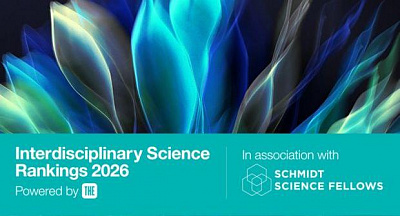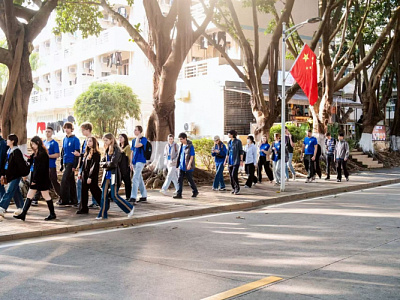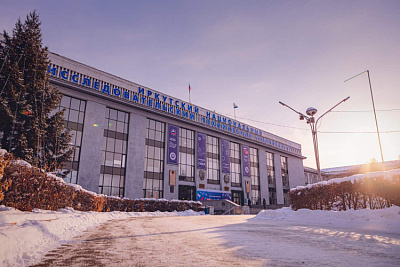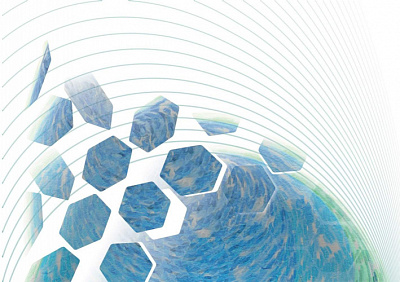INRTU Received 50 Patents in 2023
INRTU students patented 50 innovative developments in 2023. The number of contracts for R&D and results of intellectual activity (RIA) worth more than 10 million rubles increased four times. This was reported by the staff of the university's Research and Development Unit (RDU) headed by Igor Kaloshin.
Last year INRTU members submitted 50 applications for legal protection of RIA. The university received 12 patents for inventions, five utility models, four industrial designs, and two trademarks. In addition, INRTU became the owner of 27 certificates of state registration of computer programs and databases.
Among the most active authors are INRTU employees Semyon Zaydes, Nina Shaglaeva, Stepan Tiguntsev and graduate student Pavel Kiselev.
In February 2023, Stepan Tiguntsev, Associate Professor at the School of Power Engineering, patented a method for improving the wear resistance of the hammer mill beater. Earlier, he received a patent for a centrifugal mill for coal grinding. The device was designed to become an alternative to the hammer mill used by thermal power plant workers. The author proposed to equip his version with grinding tools made of carborundum, a material with hardness comparable to diamond. Both projects were the result of Stepan Tiguntsev's participation in the accelerator of the Energy Laboratory at the En+ company.
In addition, Stepan invented a method for compensating capacitive currents in electrical networks with insulated neutral. A new development of INRTU students is software for locating faults in overhead power lines.
Pavel Kiselev, a postgraduate student of the Department of Road Transport, received patents for invention and utility model. He developed a hybrid stand with a planetary balancing gear for controlling the technical condition of wheeled vehicles and invented a control method.
Nina Shaglaeva, a professor at the Department of Chemical Engineering, has developed a method for the production of proton-conducting polymer membranes. The relevance of the research is emphasized by the fact that membranes are widely used in purification of gases and liquids, their separation, electrochemical synthesis.
INRTU students also protected their creative developments with patents. Andrey Sholokhov, Associate Professor of the Department of Monumental and Decorative Painting and Design named after V.G. Smagin, received three patents for industrial designs. He designed armchairs with an animalistic style. Teachers Olga Kopenkina and Pavel Ermakov patented the design of a ceramic cup with the university logo.
Igor Kaloshin, head of the research unit, noted that one of the university's priorities is to increase the number of clients and the portfolio of contracts for scientific and technical work. Thus, in 2023 the number of contracts at INRTU exceeding 10 million rubles increased:

"Last year witnessed a fourfold increase in such contracts compared to the beginning of the university's participation in the Priority2030 program in 2021. And compared to 2022, their number increased by 78%, while the average contract value increased by 88%.
Surveyors, the team of the Siberian School of Geosciences, aircraft machine builders, and power engineers have large customers. These results were achieved thanks to the intensification of work in R&D and the implementation of the Priority 2030 program. I would like to emphasize that this is the merit of the entire university."
Igor Kaloshin also spoke about the tasks of the RDU team for 2024. The work will continue to form the direction of reverse engineering and import substitution of technological needs of the enterprises of the Irkutsk Region. INRTU plans to carry out integrated development of parts, mechanisms and technical solutions.
"In this direction the activities of INRTU will be limited only to the manufacture of pre-production samples of goods. Industrial production will be left to INRTU's partner companies," Igor Kaloshin explained.
In addition, in 2024 it is planned to intensify work on marketing research, development of websites for small innovative companies and scientific groups. So far, websites for intellectual property services and the website of the Design and Technology Bureau headed by Anton Shutenkov have been created.



